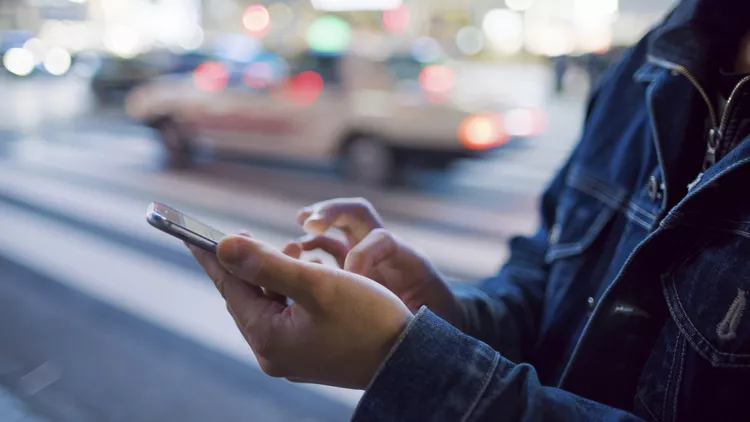Summary
Understanding the GSM Standard
Europe has adopted GSM (Global System for Mobile Communications) as its mobile communications standard. This contrasts with the United States, where companies have developed their own standards. Consequently, this has led to largely incompatible networks.
If you’re traveling to Europe or various Asian countries, and wish to avoid roaming charges while using a cellular phone, understanding the GSM standard is essential. Fortunately, it simplifies the process of purchasing a compatible phone, but there are key considerations regarding unlocked versions that function abroad.
For optimal performance, look for a device capable of dual-band reception on a GSM network with a Subscriber Identity Module (SIM) card. Most phones sold in the United States are designed to be “locked” to one carrier and SIM card, making it imperative to acquire an unlocked cell phone to ensure reception in Europe.
Unlocked GSM Phones and SIM Cards
To make cell phone calls in Europe, it’s essential to have an unlocked dual-band GSM phone and a compatible SIM card. European countries operate on dual-band frequencies ranging from 900 to 1800 MHz, whereas America commonly uses frequencies between 850 and 1900 MHz.
When in search of an unlocked GSM phone, opt for a tri-band device (900/1800/1900 or 850/1800/1900) or a quad-band model (850-900-1800-1900), especially if you plan on using the phone in both the U.S. and Europe. A tri-band 850-1800-1900 phone can still be utilized in Europe; however, it sacrifices coverage in the 900 MHz band, which is predominant for international cell communication.
While many companies in the U.S. sell locked devices linked to a single carrier, preventing international use, unlocked cell phones permit access to any SIM card, provided the frequency capabilities align.
Buying Ahead of Time
When traveling internationally, it is crucial to address all phone-related arrangements before departing from the U.S. soil, particularly if you intend to maintain your current carrier and service while abroad.
Consult your U.S. carrier regarding applicable roaming costs. However, considering the affordable options for unlocked cell phones and international SIM cards, purchasing an unlocked device like the LG Optimus L5 may be more cost-effective, alongside potentially requesting your carrier to unlock your current phone.
The SIM card, which is the size of a postage stamp, is integral to the phone’s functionality. Purchasing a SIM card from your carrier for the destination country before leaving is advisable. This card determines the phone number and grants access to the services endorsed by that specific SIM. Prices vary by country and services, and with a prepaid card, you can often expect unlimited incoming calls, some complimentary calling time, and reasonable long-distance rates (typically around half a Euro per minute).
Where to Get Them
In the past, purchasing your cell phone and SIM card from a dealer specializing in international rentals was advisable. However, nowadays, acquiring these from your American service provider is typically feasible.
An advantage of obtaining the SIM card early is that your phone number is embedded within it, allowing you to share this number with family and friends. You can activate the SIM upon arrival at your destination and easily add calling time without changing numbers each time usage is depleted.
Additionally, in many countries, purchasing a SIM card locally at a low price is straightforward. For example, Italian SIM cards are valid for a year, featuring free incoming calls and messages, with options to buy minutes on-the-go or recharge at various outlets, including newsstands.
Furthermore, renting a GSM cell phone is another option, with some services providing package deals for phone and auto rentals. Nevertheless, the overall cost often makes purchasing a GSM device a smarter choice; you may save enough during your first trip to cover the phone’s expense through your initial calls.





